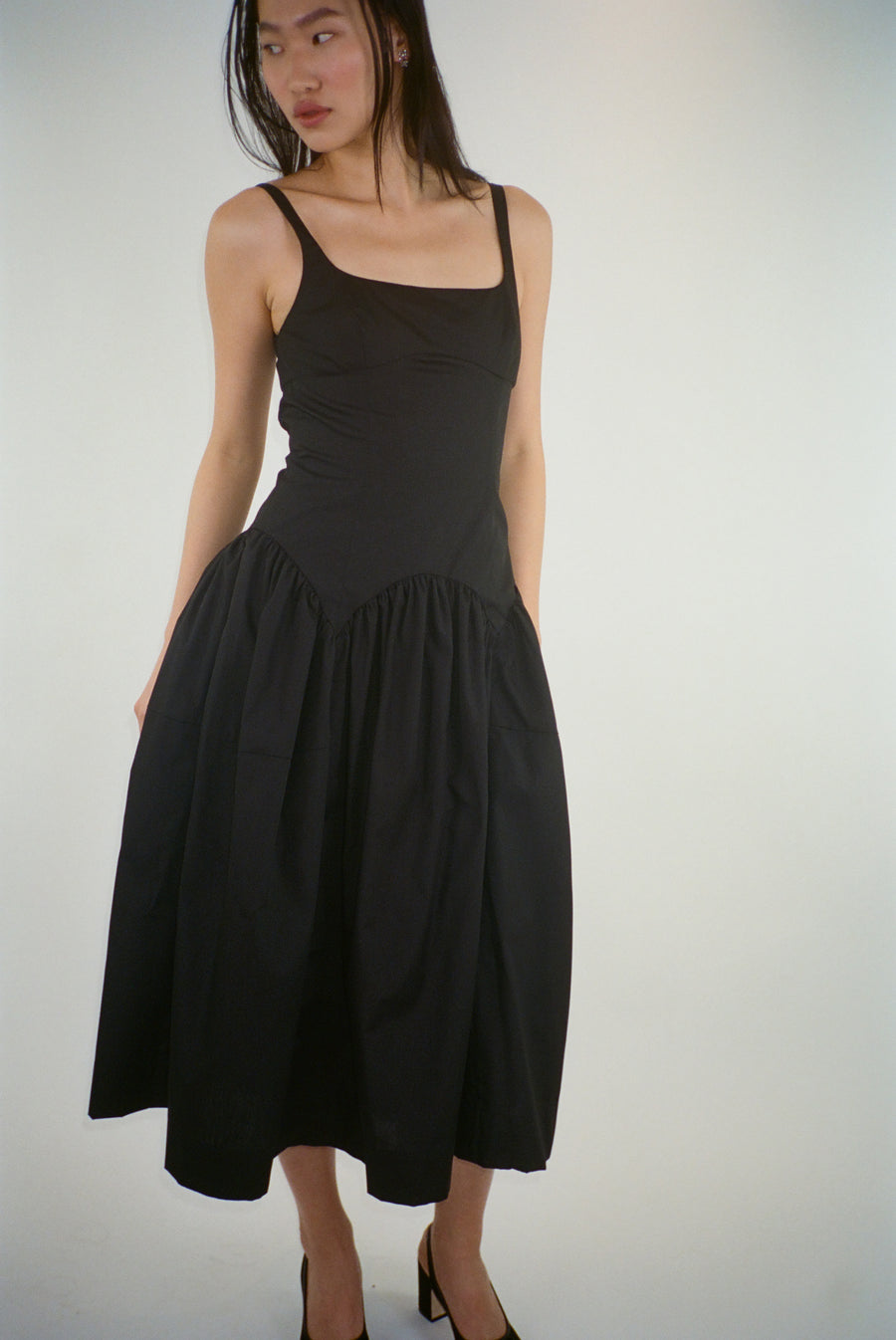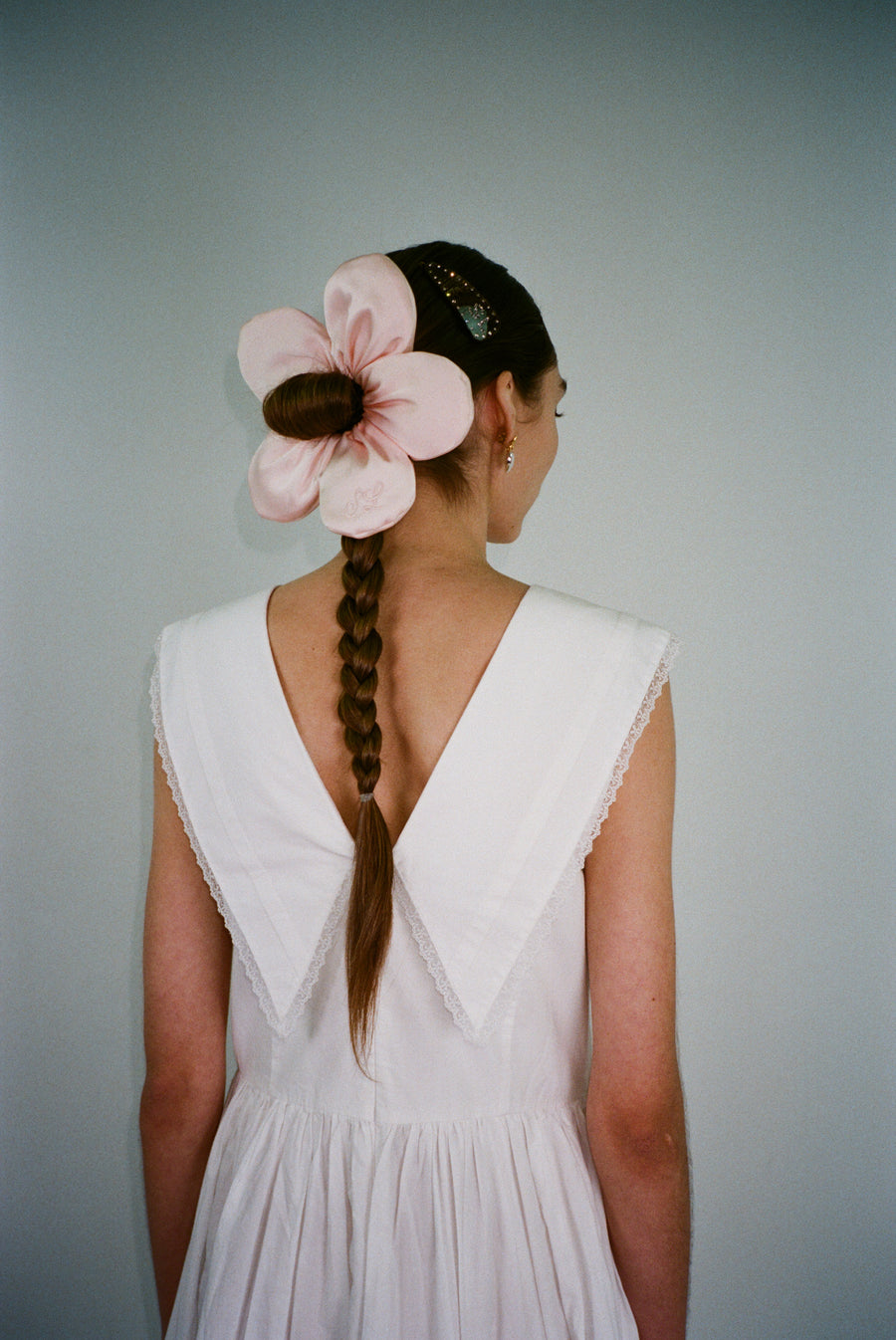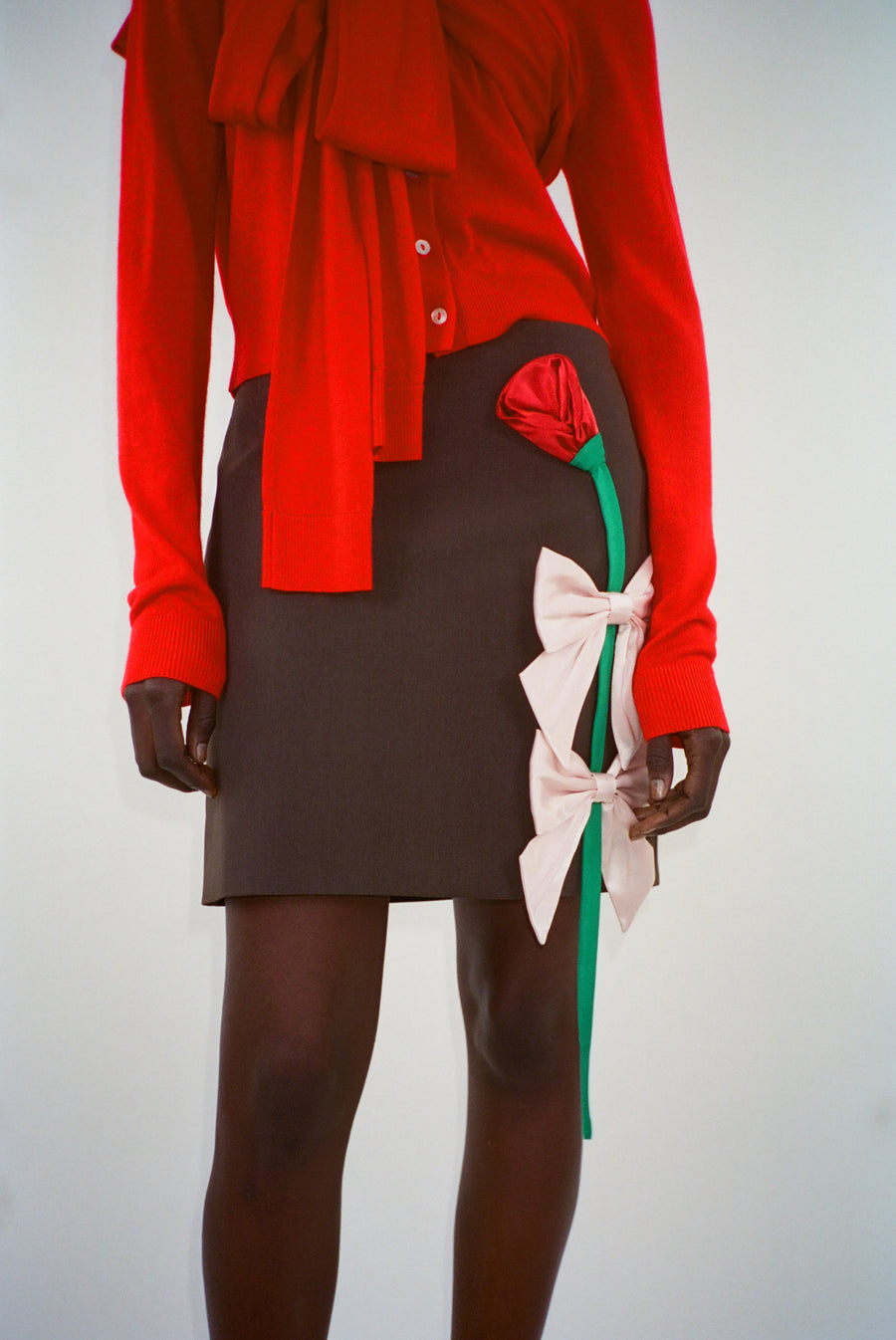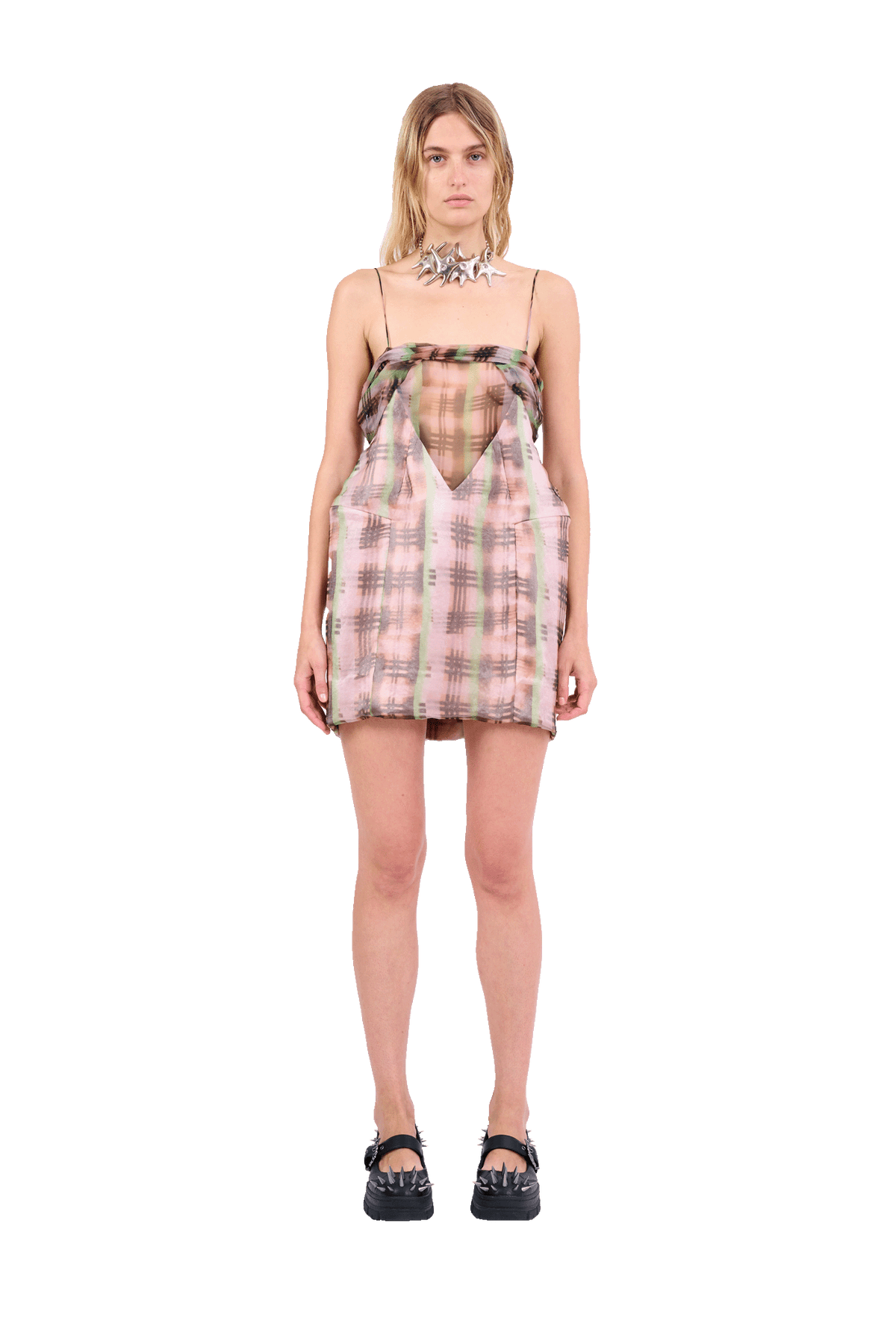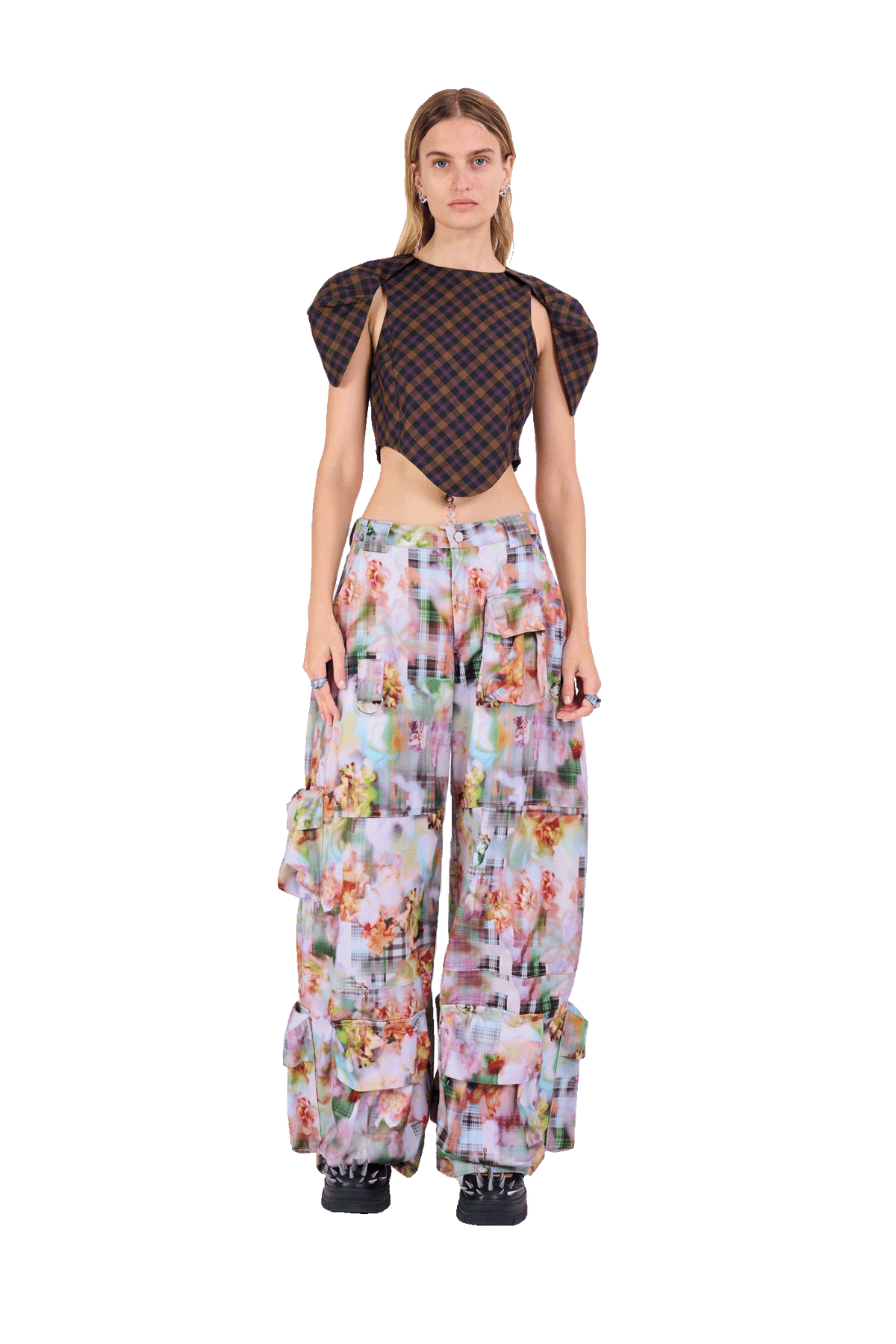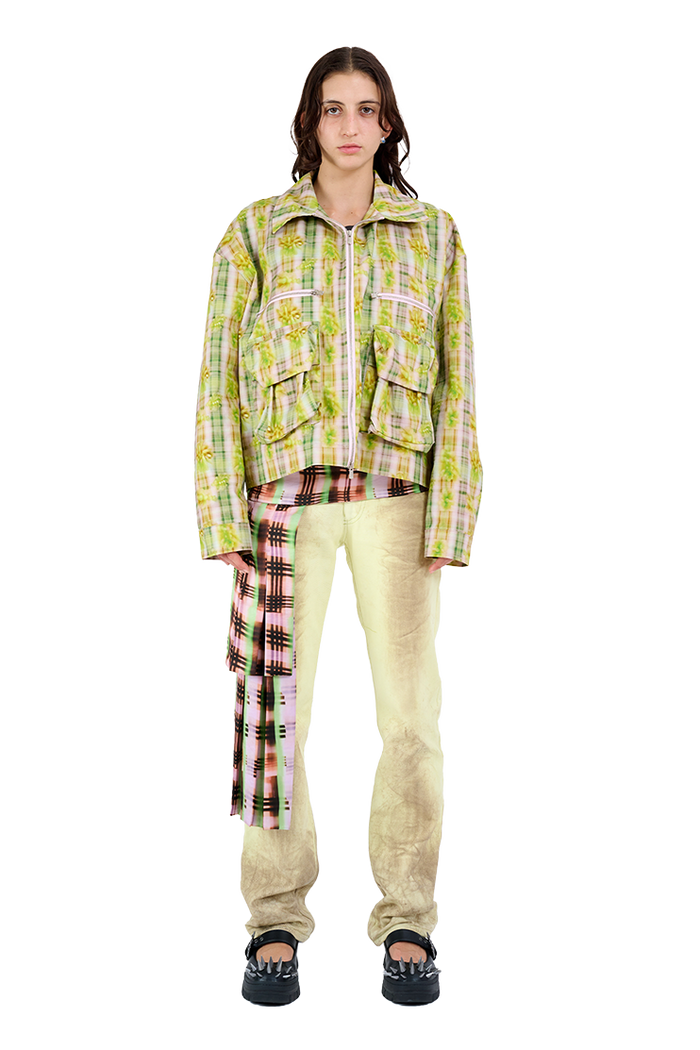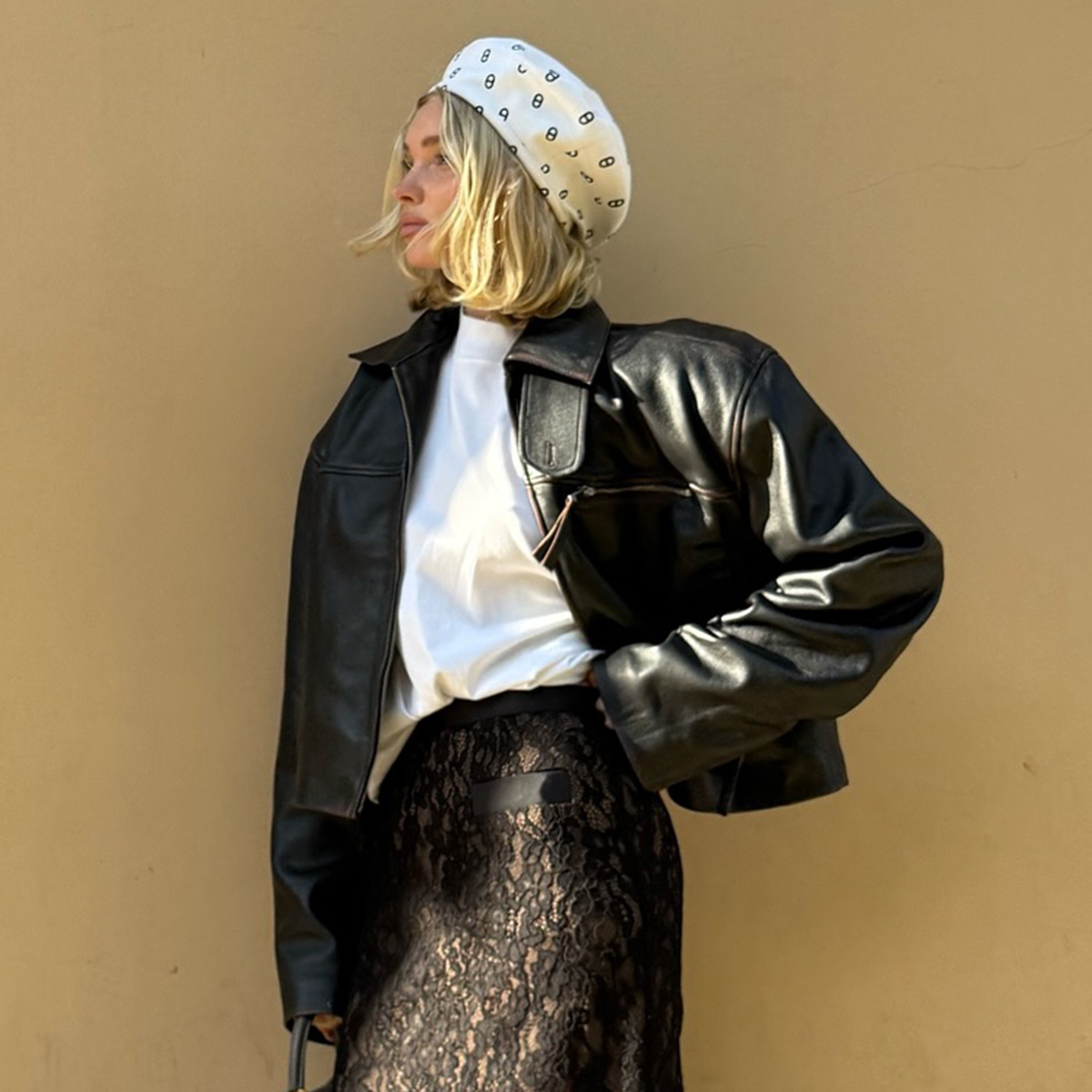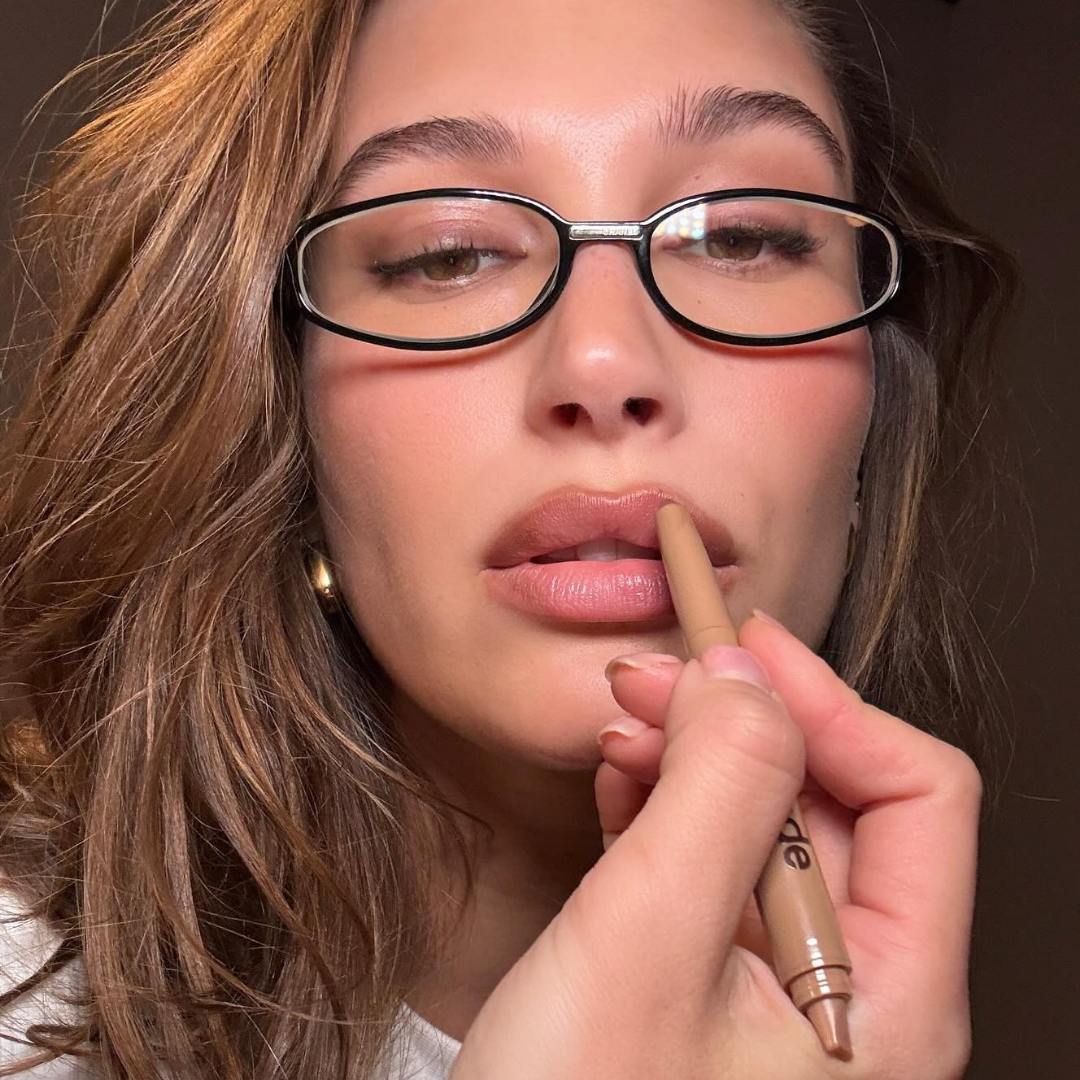What Do Women Really Want to Wear? These 2 Female Designers Have the Answer

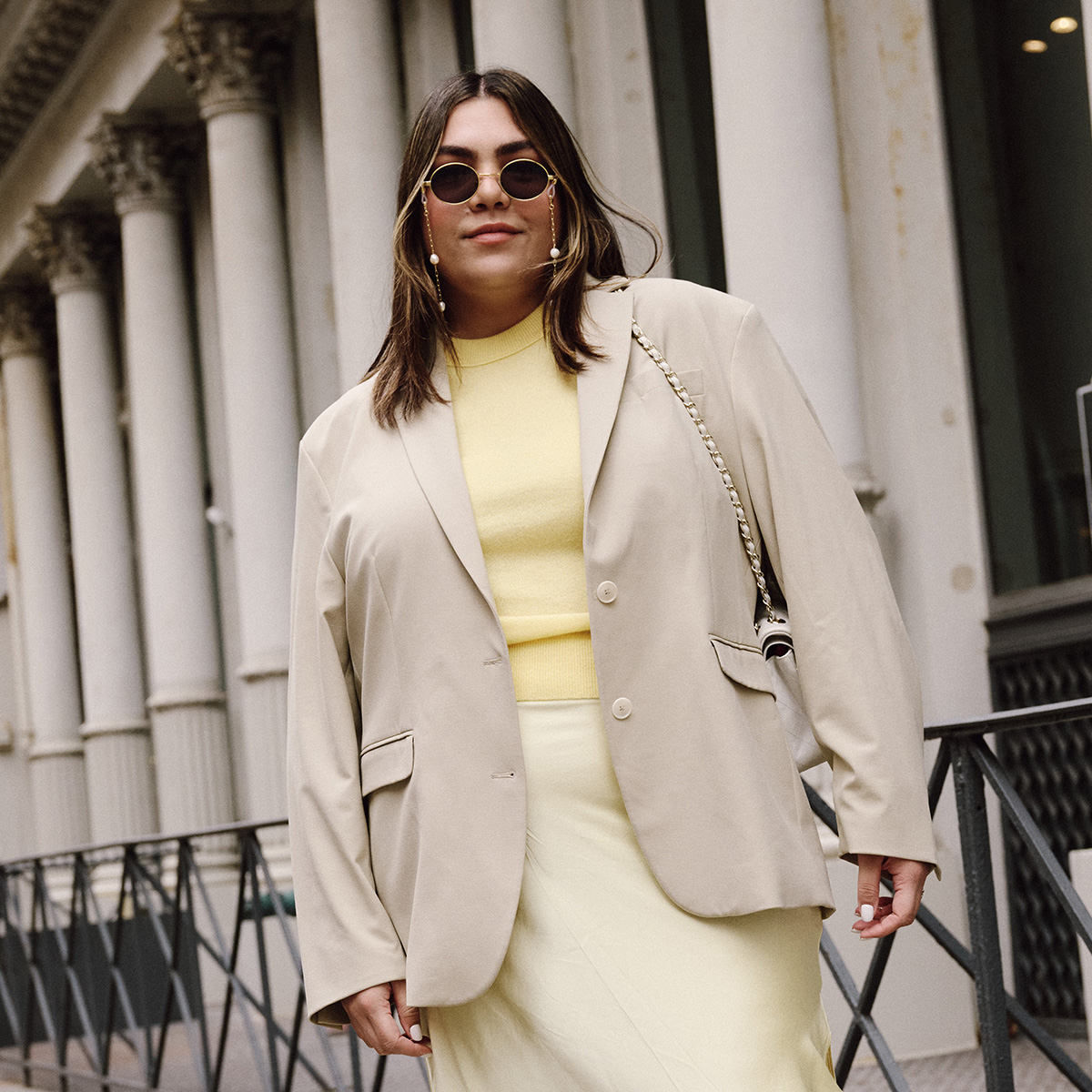
Here's a paradox to digest over your morning coffee. Fashion has a female problem.
While the industry is still coming to terms with the fact that it hasn't done nearly enough to promote young Black and Brown designers, there's yet another important seat left empty in conglomerate boardrooms and high-end ateliers: women. Despite being some of the largest consumers and creators of fashion as garment workers, buyers, editors, and models, women are still overwhelmingly underrepresented when it comes to making the decisions with the most reverberating impact. In a world where women are expected to foot the fashion bill and have nearly $32 trillion in spending power, it's disheartening, to say the least.
As of publication, only eight creative directors of the top 30 major luxury brands and leather-goods houses are women, including Miuccia Prada, Maria Grazia Chiuri, Stella McCartney, Virginie Viard, Donatella Versace, Nadège Vanhee-Cybulski, and Sandra Choi. Out of the select few, none are Black women. Choi, who leads Jimmy Choo, is the only woman of color.
While there's been a few new faces—Chemena Kamali just made her debut at Chloé for the fall/winter 2024 season—white men have been more prevalent than ever. This leads many to ask the question, Where did all the women go? Were they even equally represented in the first place?
There are only a handful of female directors who have rightfully received their flowers for revolutionizing the way women approach clothing, turning to dresses, suits, and footwear as a means of being both comfortable and stylish. Think of Coco Chanel, Phoebe Philo, and Diane von Furstenberg, who all triple-earned their seat at the table among male executives and designers, making decisions on what goes on a woman's body.
Clothing designed by women for women outside of the male gaze isn't nearly as rare as it was 100 years ago, but today, it still remains in a state of suspension. Most celebrated female-led brands don't operate under the watchful eye of a luxury conglomerate, relying on legacy status or a strong sense of community to peddle profits—a community that, by and large, is looking for clothing that actually excites them when they open their closets in the morning. Think big dresses, loose pants, frilly baby-doll dresses, and frivolous lace tops. No longer are tight corsets, stumble-prone platforms, and skimpy dresses the only options for women to wear. In 2024, we're dressing for our 8-year-old selves.
Ahead of the end of Women's History Month, Who What Wear wanted to investigate the "why" behind one of the industry's current dilemmas. If women were at the head of all means of production within the fashion ecosystem, what would we be wearing? What would we be talking about? What would matter to us in the long-term? We sat down with two independent designers and the women driving their sales to discuss what makes female-led design such a rare, but necessary, battle to keep on fighting.
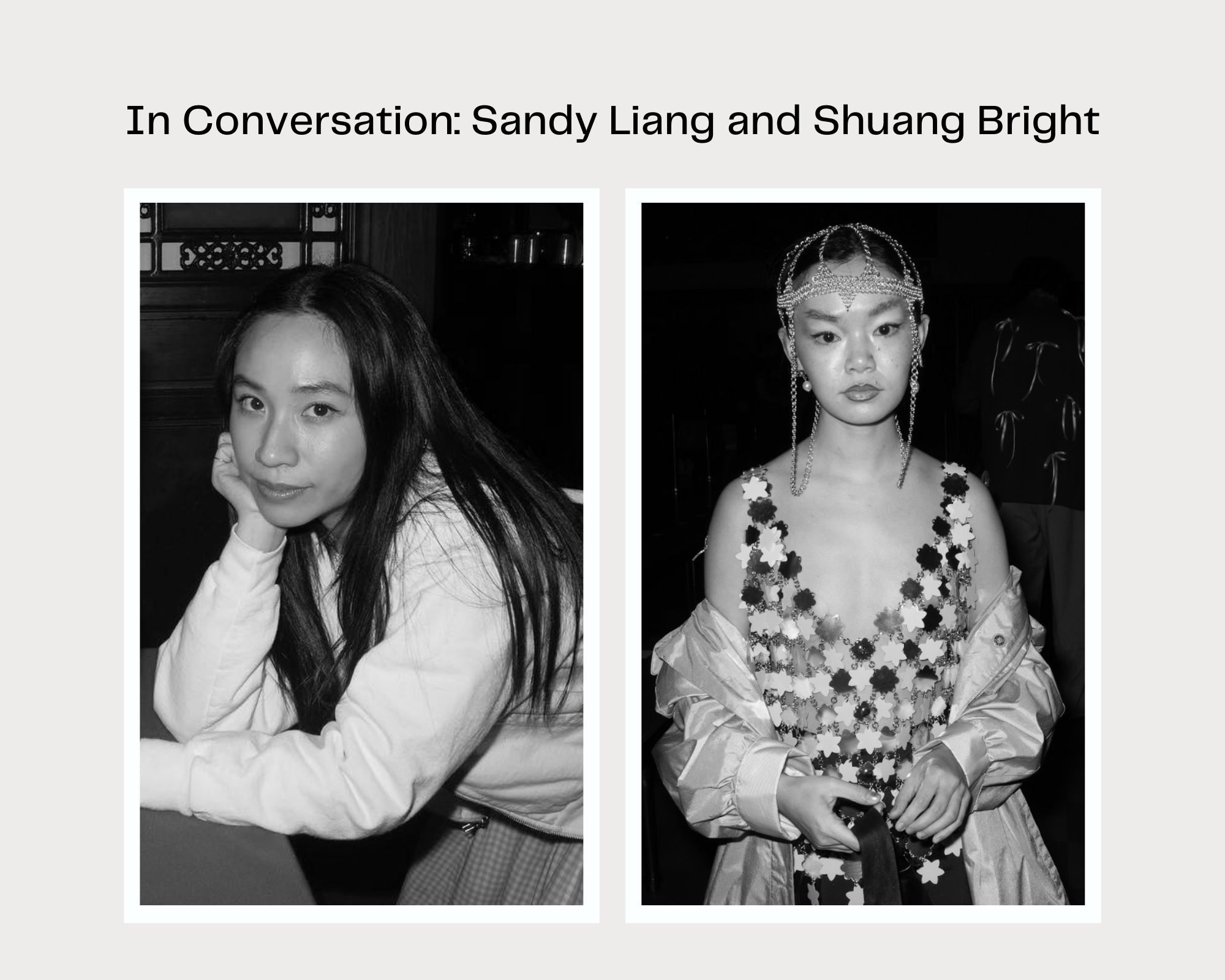
Anyone who's anyone knows Sandy Liang. By now, the New York–based label is the standard uniform du jour for young women who own Lana Del Rey vinyls, put bows on their AirPod Maxes, and have a string of kawaii-ified emojis in their Instagram bios. While the world has described Liang's work as the sensical choice for cool girls of the moment, it's a label the 32-year-old designer stumbled into. She jokingly describes the creeping sensation of knowing she wasn't one of the "cool, hot girls" growing up—quite in contrast to the It girls who have made her an internet sensation. For Liang, the aesthetic she designs in is simply all she's ever known: Instagram photo dumps, flower-printed fleeces, and old fluorescent-pink gem-covered Sailor Moon toys that serve as innocent, kitschy references to a time when Instagram didn't exist and going to the mall was an activity you did for fun.
Content creator Shuang Bright is often nestled in the aisles of Liang's star-studded New York shows. She's not associated with the brand's small, tight-knit team, but she might as well be a fixture at all of its shows. It's hard to miss her whimsical fashion sense and the fun, romantic aura that radiates off of her. Liang first noticed it when Bright walked into the Lower East Side boutique and, after trying something on, became the object of admiration among the team. "All the sales associates were freaking out, and they were like, 'Oh my God, everyone's going to buy that because she tried it on,'" Liang admits. "I just think it's so cool that you have that power."
On navigating fashion through the lens of girlhood and female-tinged nostalgia:
Shuang Bright: What I love about your designs is that it feels whimsical. There's this whole theory about healing your inner child and exploring things you maybe didn't get to experience as a kid. It just comes through so much. When I see those playful elements, I just get so excited about fashion again.
Sandy Liang: That makes me so happy. That's a huge compliment because that's my whole goal. I think that childhood is the only time in our lives when we're purely happy. I'm so passionate about my childhood and protecting my inner child, and I always hope [my brand] is an extension of that. It's the only time you could dream freely. This is not news to any of us, right? But still, there's just something so precious about that. I love either really expensive high-end things or things that I would have wanted as a kid. There's almost no in-between. I either want the luxe, or I want the plastic toy–looking thing with fake gemstones.
SB: I'm reminded of those old Sailor Moon toys. There's this one clear vision I had. It's a heart, and it was bright pink…
SL: I have that one! It's so funny because when I had first imagined the store, one of the things that I had wanted to do was display my little vintage toy collection throughout the space. They're so precious—these relics of childhood that in so many ways will never happen again, because iPhones. [Laughs]
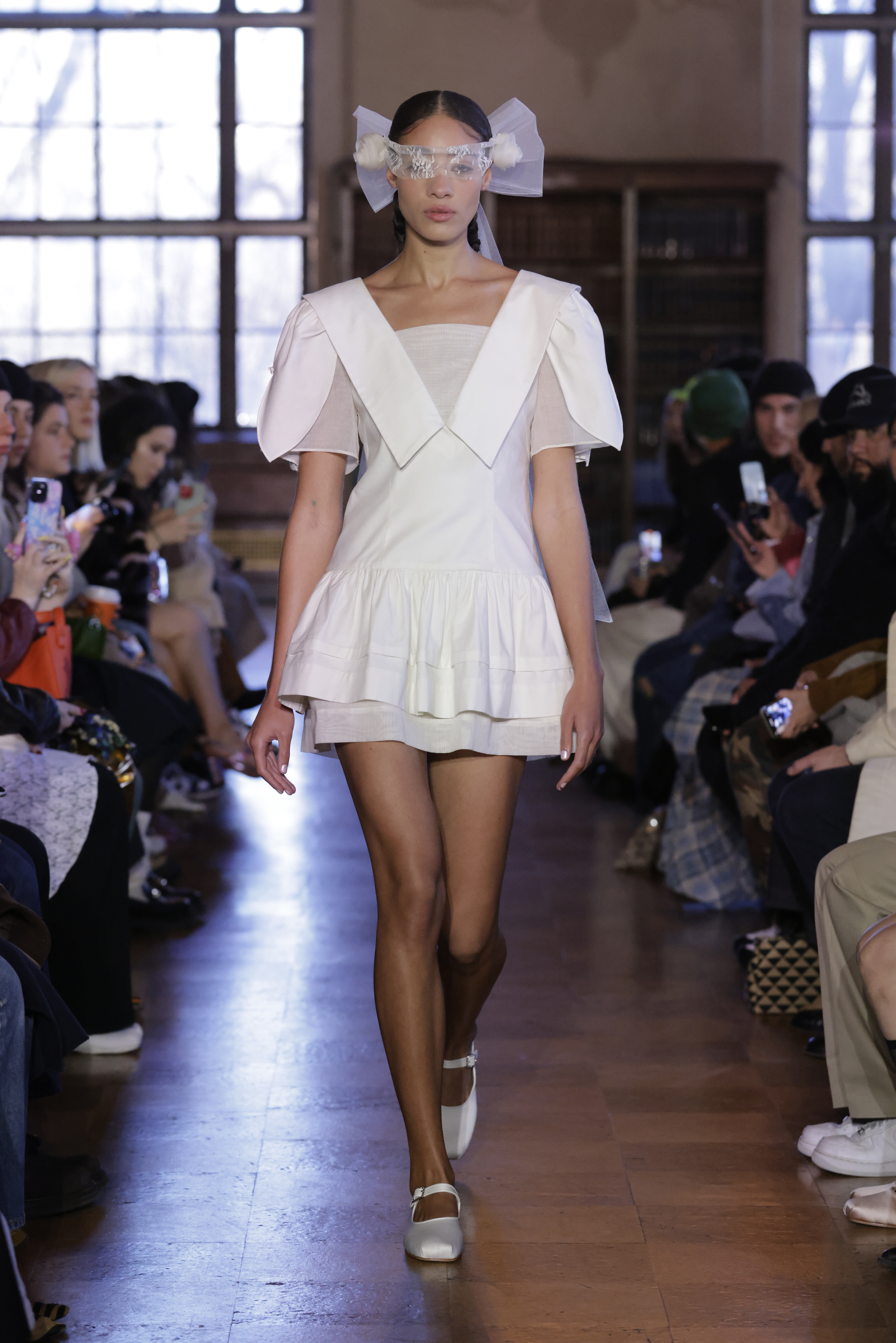
On creating a die-hard online fan base:
SL: I don't even believe it at times. It's so exciting when I see feedback like that. It's something that took a long time for me. When I started, I didn't have a PR firm or a road map or someone telling me how to get followers. I think people resonate with the brand because they appreciate authenticity. I'm just Instagramming random shit or pictures of food, you know? I'm documenting my life, and my life is not 100% always about clothes and selling clothes and ramming that into your brain. I really love the people who are hard-core fans. I think they're so funny. I'm always like, "I want to meet you guys and hang out."
On the lasting impact of timeless clothing:
SB: I actually think it's super interesting because as someone who constantly browses the resale market and sources vintage designer, I've noticed that your pieces don't really hit the resale market. I think that's because your garments are incredibly timeless. People purchase them to keep on continually wearing them and rewearing them in different ways. And not just like buying an outfit to take a singular photo, if that makes any sense. That speaks to me. As a woman, those are the types of garments that I'm looking for—things that will age well and I can rewear all the time.
SL: I appreciate that so much. I'm not a frivolous person, and I take that into my design. I want to make something that I know can last in your closet. Maybe you take a break with it for a season, but you can pull it out or share it with your friend or give it to someone one day. In this day and age where everything is so available and there's so much of everything, I think what is drawing people to smaller brands is just the fact that there's not a lot of it. The pieces are rare and special.
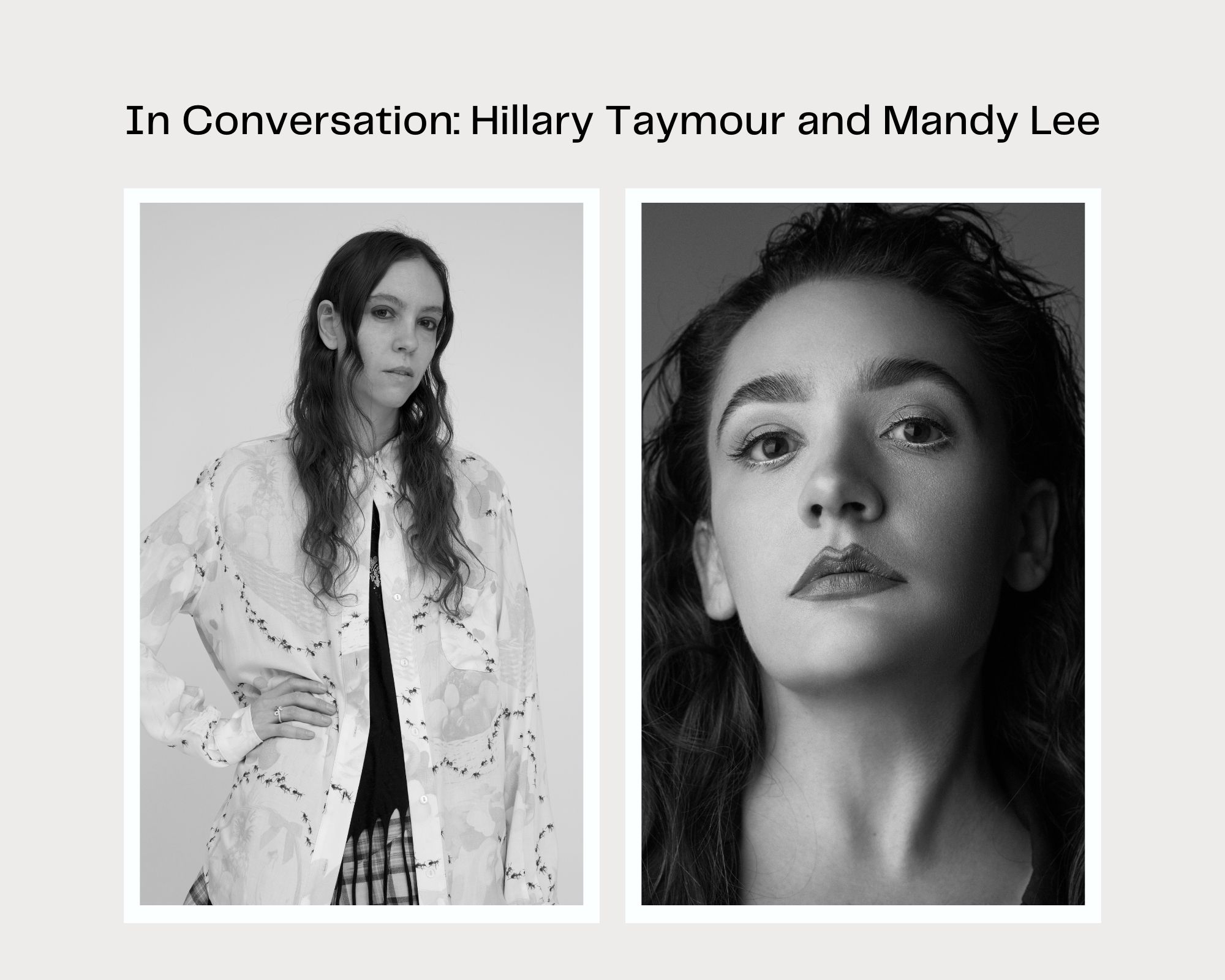
Collina Strada is somewhat of a New York media darling, with designer Hillary Taymour's childlike wonder and horse girl–adjacent attire inspiring a league of all types of people—particularly queer youth—to dress to their heart's content. While saccharine dressing makes up a large component of the brand's DNA, Taymour's largest effort with Collina Strada is to examine humankind's relationship with nature and our planet. You may have seen the label's buzzy Brooklyn show with milkweed garments held in a butterfly garden across your Instagram Stories. Collina Strada fans are muses in their own right, advocating for sustainability, inclusivity, and really cool printed mesh tops.
Trend analyst and critic Mandy Lee, otherwise known by the moniker @OldLoserInBrooklyn online, is all about big skirts. You'll usually find her draped in one, explaining media theory to her thousands of followers online. Her favorite Collina Strada piece? The crushed-velvet pants Taymour wears up and down the streets of New York City. While laughs are exchanged during our call together, so is an invitation for Lee to try them on herself to see what the magic is all about. Once you perfect pants as a female-led brand, Taymour explains, the world is practically your oyster.
On creating a female-led, community-propelled brand:
Mandy Lee: I think one of my favorite parts of your brand is not just the clothes, but the way that you cast your shows. There are varying ages and body types, and it feels like it's your community. Was that intentional? Or did it just come naturally as you're growing the brand as you lean on your people?
Hillary Taymour: Both. I feel really lucky to be able to call most of those amazing humans my community because they are. Over the pandemic, I feel like I grew up with these humans and was able to form personal relationships and do personal projects with them. You'll always see familiar faces in my show. I'm a Leo—I'm super loyal—so I like to keep the people who support me close. They're what I like to call ambassadors of the brand because they all have this type of ethos. Everyone's friends backstage, and it's very cute. We're all putting on a show we believe in.
On designing for women, by women:
HT: For me, I spent most of my 20s making clothes I thought everyone wanted, but then I learned that to create something really good, I have to want it myself. I'm basically in head-to-toe Collina every day. That's not even on purpose—I just get excited about the things I make, and I want to wear them. I just started to play with shapes to fit my own body type and women and humans around me. I focus on pants—I think they're the most important and empowering thing for a woman to wear. I think there's a huge gap in the market for a great-fitting pant for women that people can go to every single day and feel good. It should be something that you can do things in and not feel extremely uncomfortable or precious over ruining them. If you can nail that as a female designer, it's a good place to be.
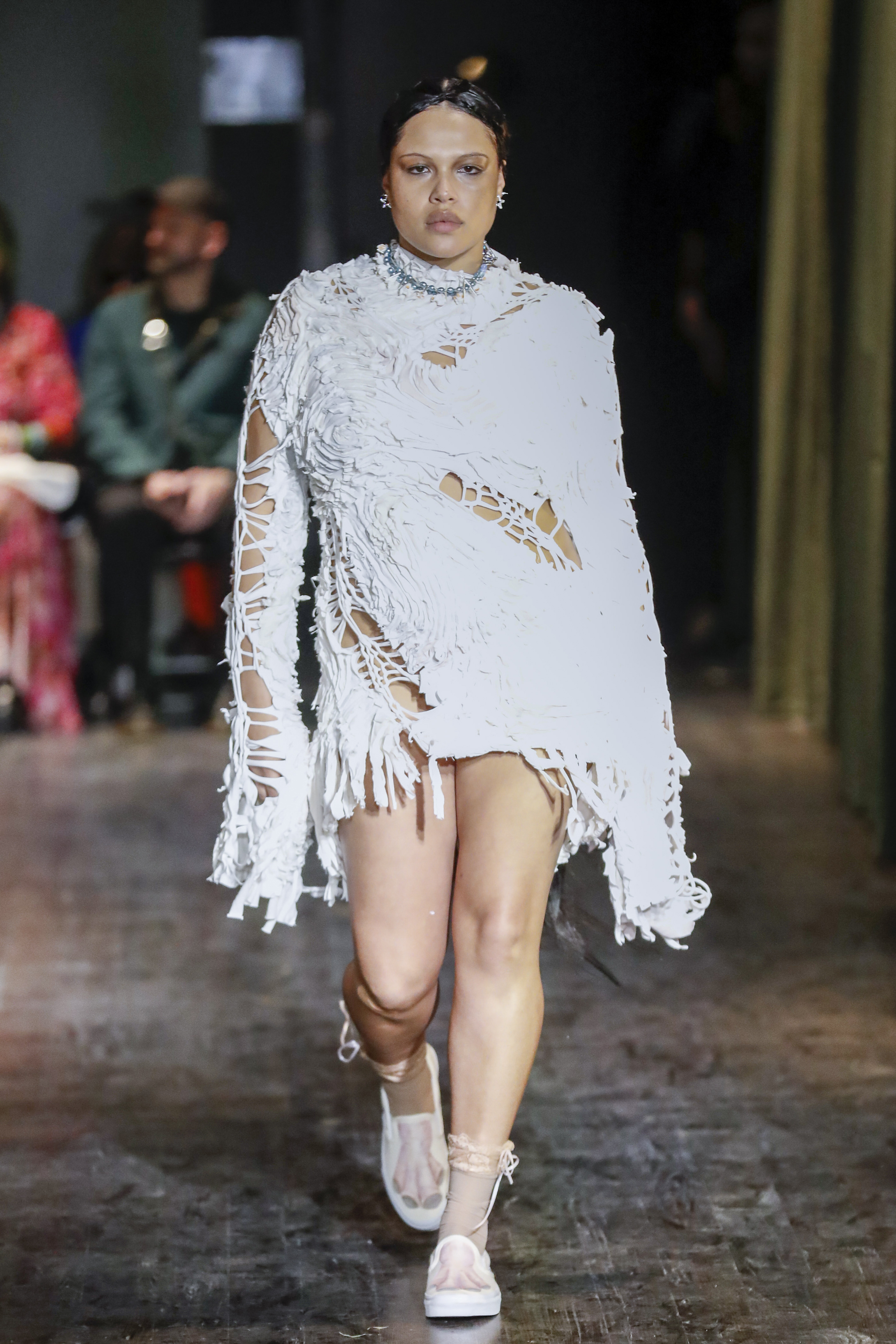
On dressing outside of the male gaze:
HT: I've been designing for 16 years, but once I hit 30, I really came into myself and my self-expression and what I wanted to say to the world. That's when Collina Strada became this joyful thing. I was making clothes that my inner child would gag over, basically.
ML: Yeah, that resonates with me a lot. Turning 30, you sort of stop giving a fuck, and you want to stay in your lane, and it doesn't really matter when appealing to others. I dress very feminine, and I'm not afraid of volume—most of that comes with age. In my 20s, growing up with almond moms and the pressure of dressing flattering, it really held me back from how I wanted to dress for myself. Leaving that pressure behind is how I think I came into my own—not only with healing my inner child, but it also helped me so much with body issues and eating disorders. I don't have to dress in skintight clothes to feel confident, and I never will again.
On the current state of woman-led discourse in fashion:
ML: Honestly, I started fashion critique in spite of men. A lot of the fashion critique you see on the internet is making fun of women or meme pages. And it's really shallow. Like, it's funny to look at, and it has viral potential, but at the end of the day, it doesn't mean anything, and I wanted to provide something more than that. I know that my work on TikTok has created a lot of space for women to share their ideas, and I'm so proud of that.
I'm not saying all men's opinions on fashion are bad when it comes to womenswear, but I just don't resonate with it the way that I do when other women are talking about it. Also, a lot of my audience are plus-size, queer, or trans, so they've reached out to me and have said my "fuck it" attitude about flattering clothing has helped them. It's just been really frustrating for me to just constantly see guys shitting on girls for liking certain fun things in fashion.
This interview has been condensed and edited for clarity. This story was originally published on an earlier date and has since been updated.

Ana Escalante is an award-winning journalist and Gen Z editor known for her sharp takes on fashion and culture. She’s covered everything from Copenhagen Fashion Week to Roe v. Wade protests as the Editorial Assistant at Glamour after earning her journalism degree at the University of Florida in 2021. At Who What Wear, Ana mixes wit with unapologetic commentary in long-form fashion and beauty content, creating pieces that resonate with a digital-first generation. If it’s smart, snarky, and unexpected, chances are her name’s on it.
-
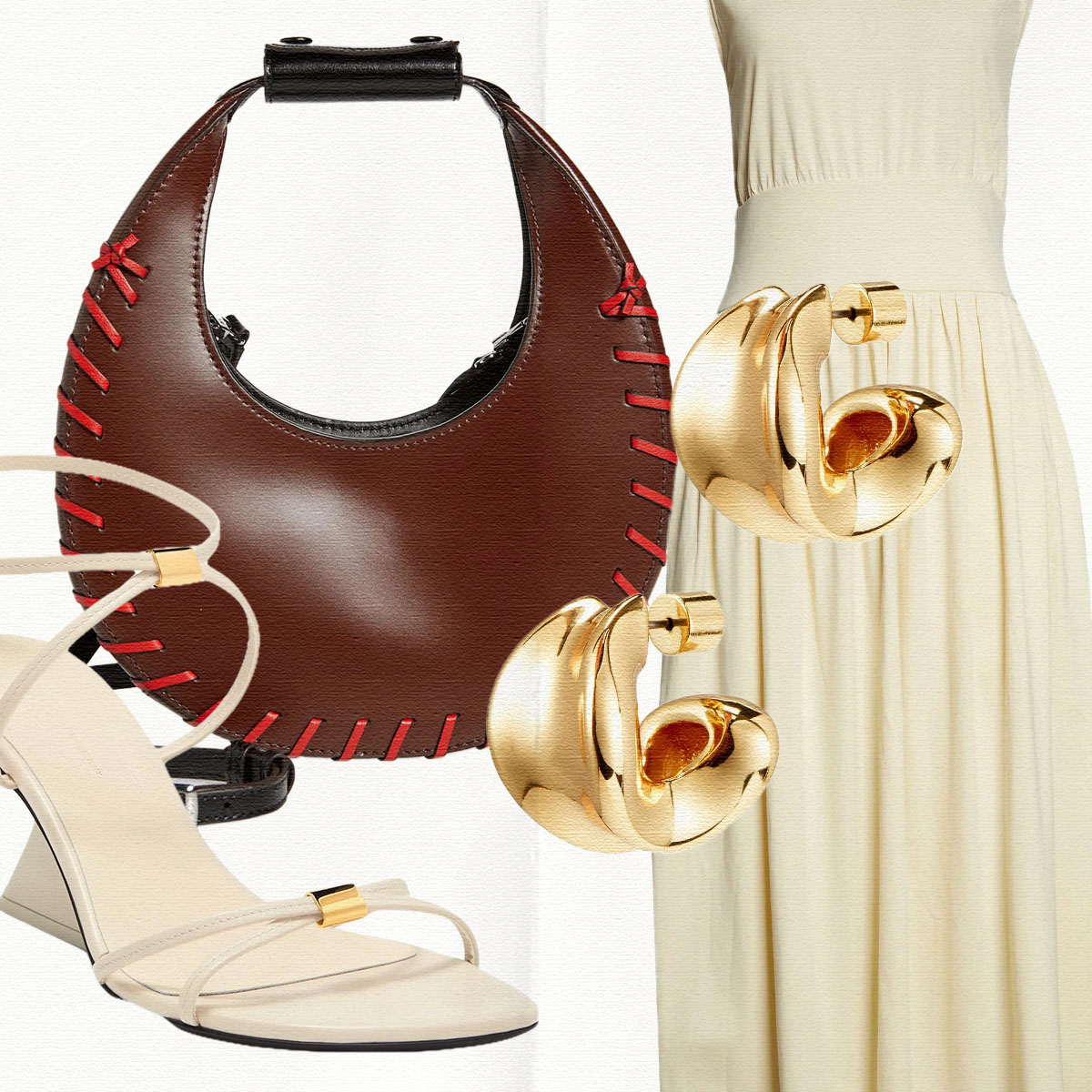 I May Be Biased, But Women-Founded Brands Do It Best: 12 to Shop at Nordstrom
I May Be Biased, But Women-Founded Brands Do It Best: 12 to Shop at NordstromAll your favorites are here.
By Natalie Gray Herder
-
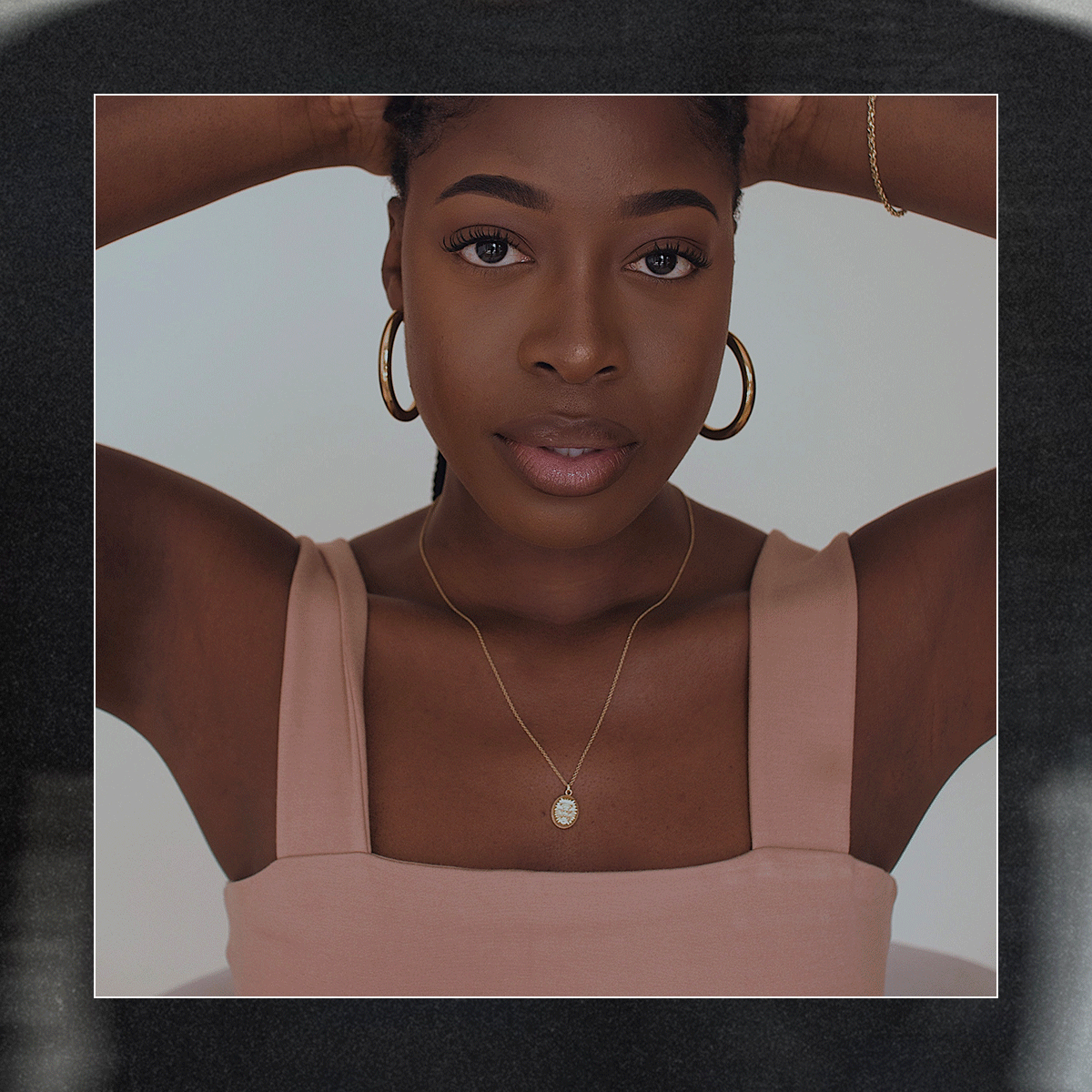 Meet the Fashion-Industry Leaders Paving the Way for Future Black Creatives
Meet the Fashion-Industry Leaders Paving the Way for Future Black CreativesInclusivity isn't a trend for them.
By Jasmine Fox-Suliaman
-
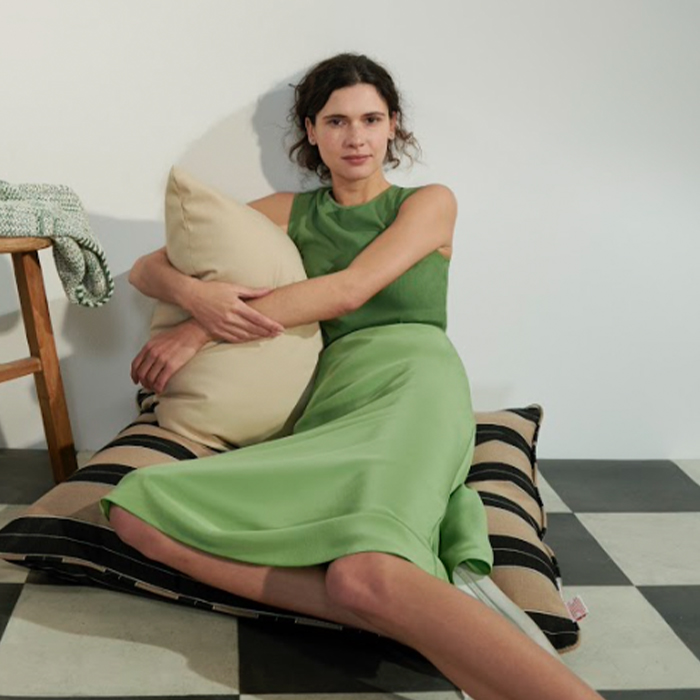 I'm Shopping From These Female-Founded Brands for My Spring Staples
I'm Shopping From These Female-Founded Brands for My Spring StaplesFeeling good about updating my wardrobe.
By Nayiri Mampourian
-
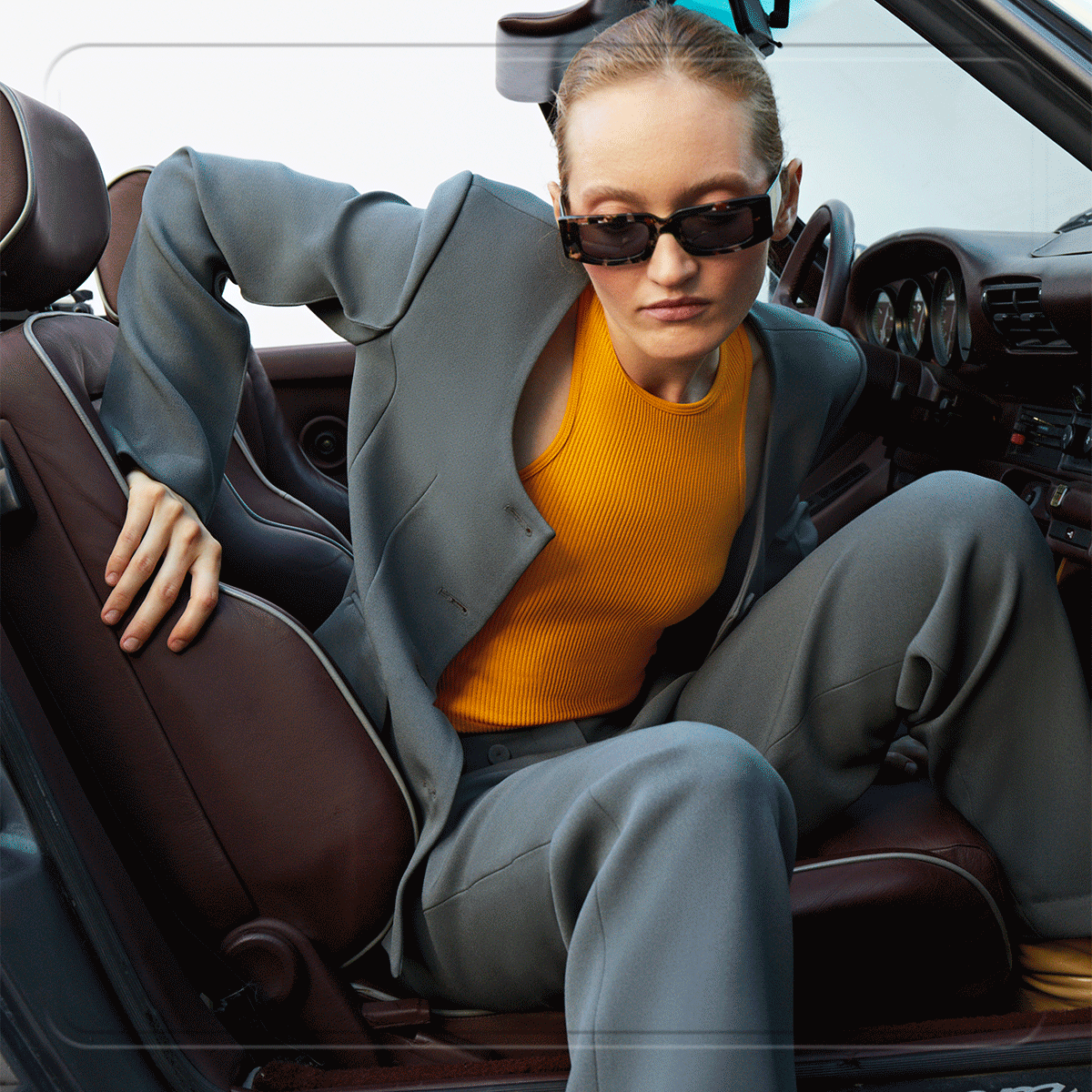 31 Female-Founded Fashion Brands We're Shopping in 2021
31 Female-Founded Fashion Brands We're Shopping in 2021Okay, ladies—let's get in formation.
By Jasmine Fox-Suliaman
-
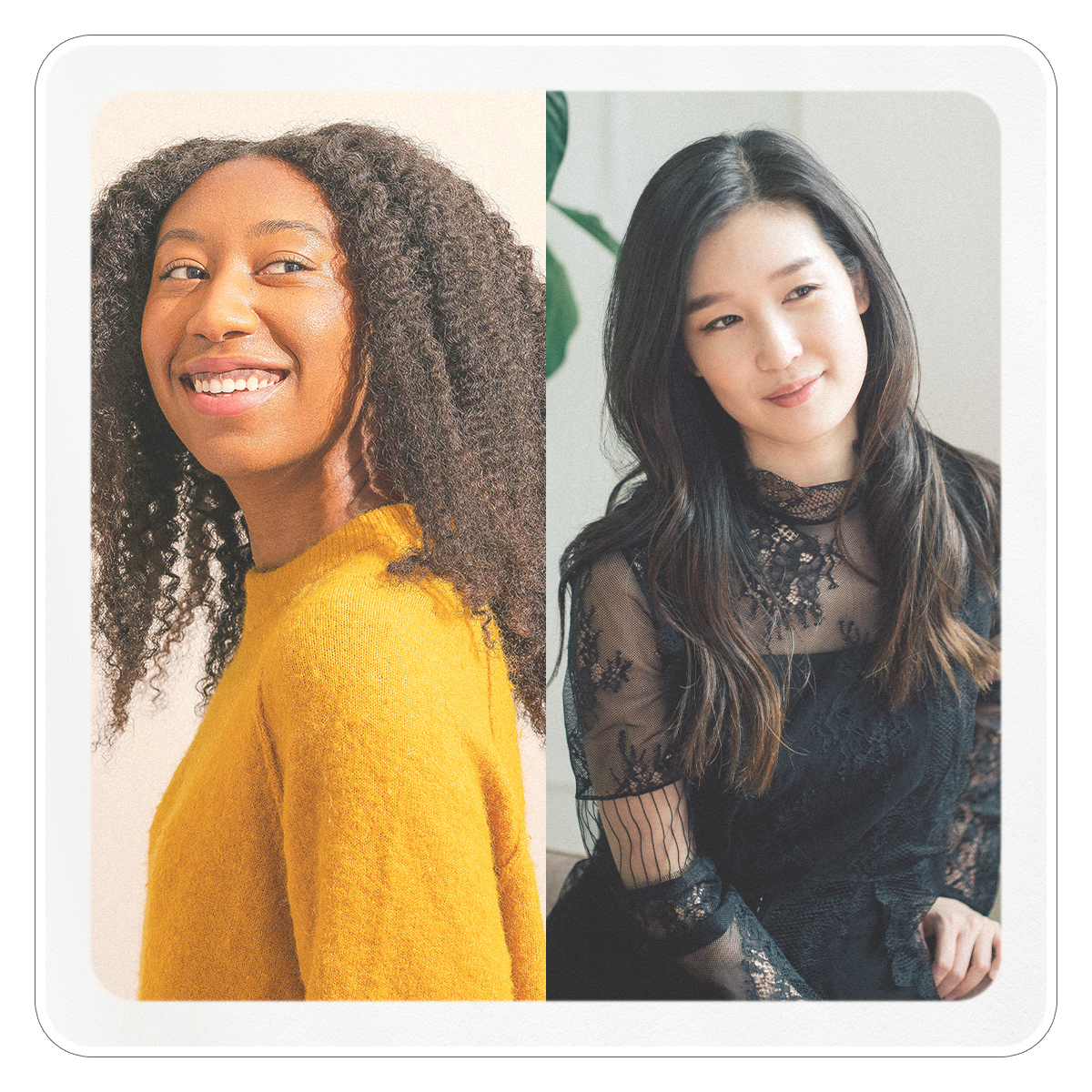 It's 2022, and These 29 Female-Founded Beauty Brands Are Thriving
It's 2022, and These 29 Female-Founded Beauty Brands Are ThrivingIYKYK.
By Jasmine Fox-Suliaman
-
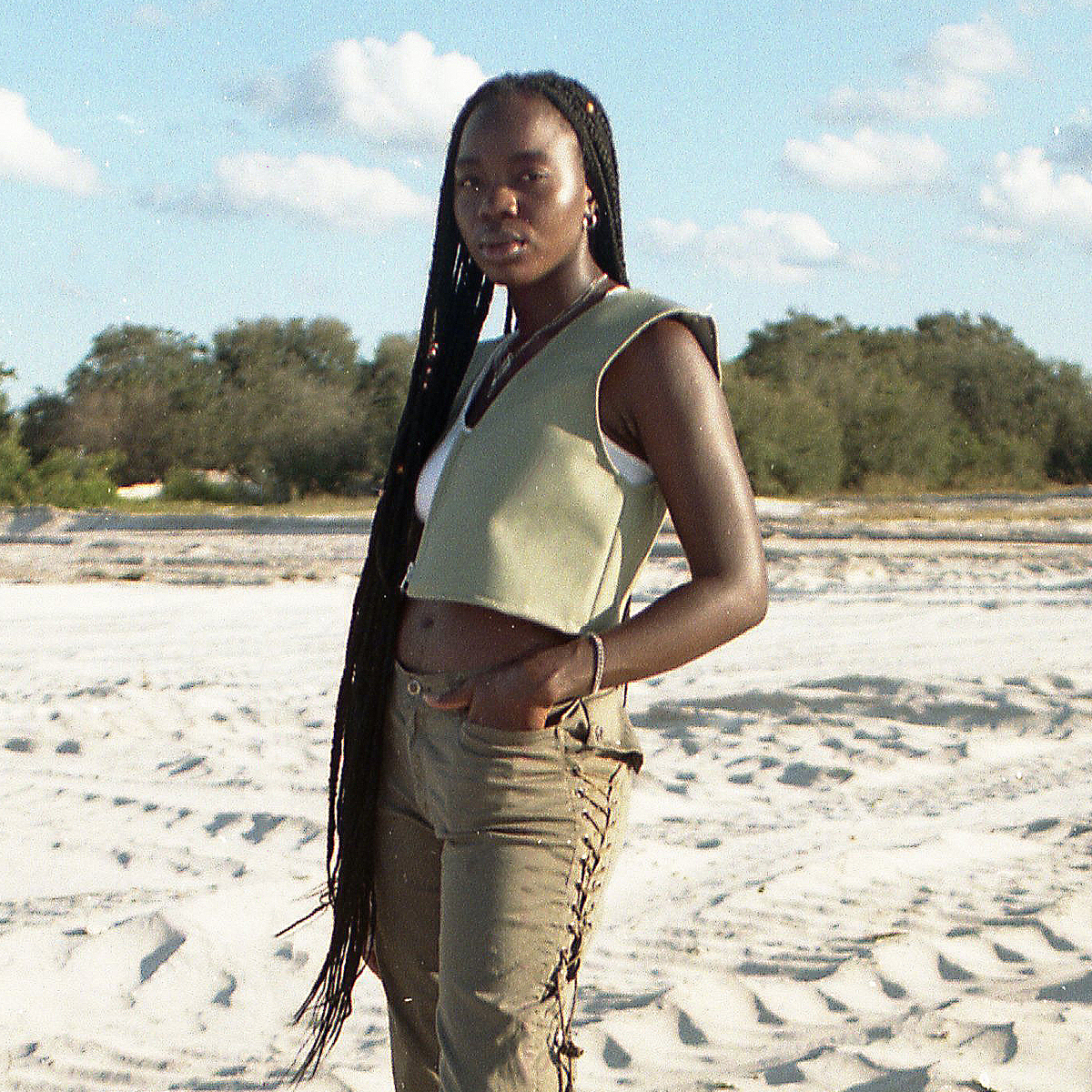 I'm Super Into These 8 Queer Female and Nonbinary Designers
I'm Super Into These 8 Queer Female and Nonbinary DesignersMake room for all underrepresented queer voices in the fashion industry.
By Aralyn Beaumont
-
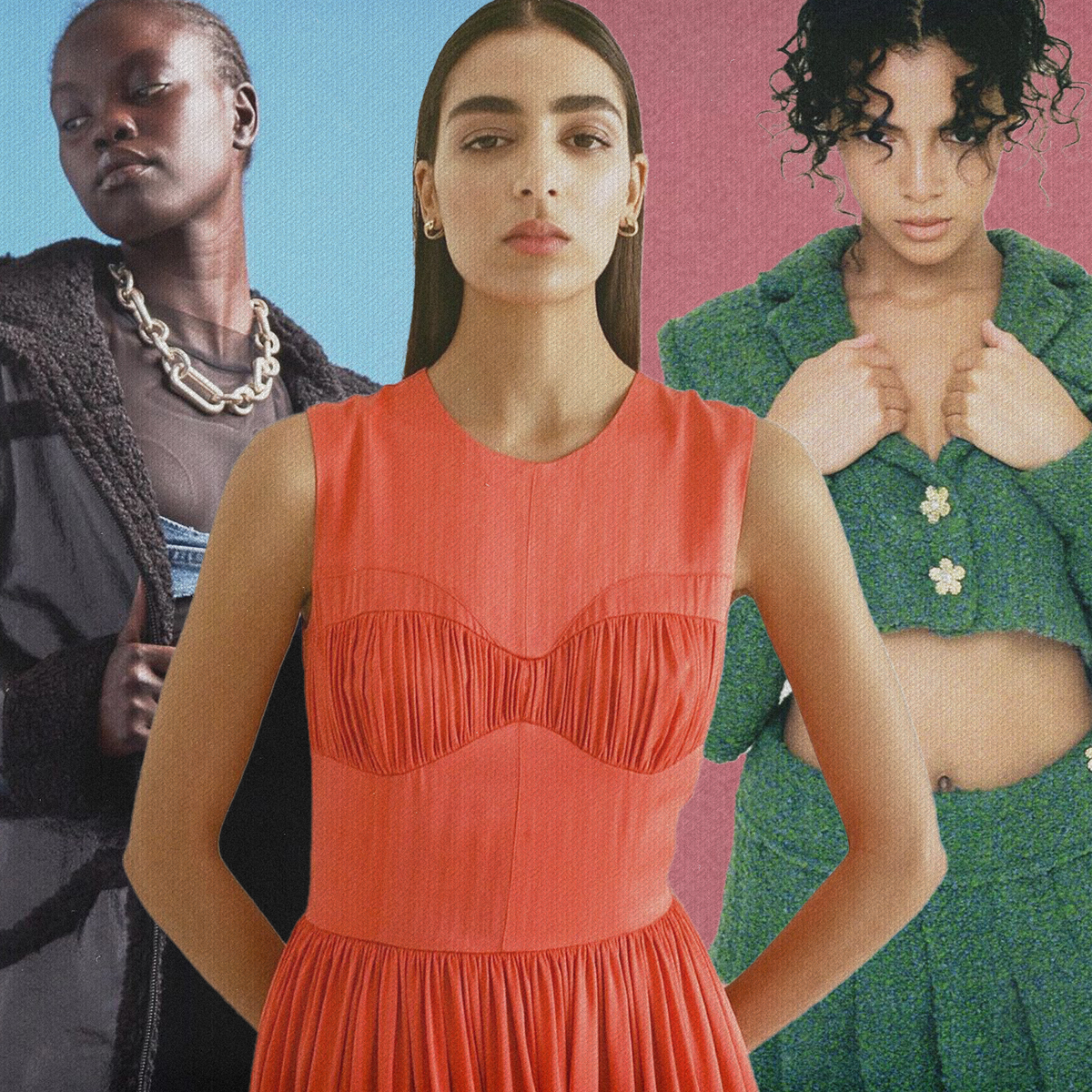 18 Buzzy Female-Owned Fashion Brands the Fashion Set Loves
18 Buzzy Female-Owned Fashion Brands the Fashion Set LovesYou've likely spotted them in your feed.
By Jasmine Fox-Suliaman
-
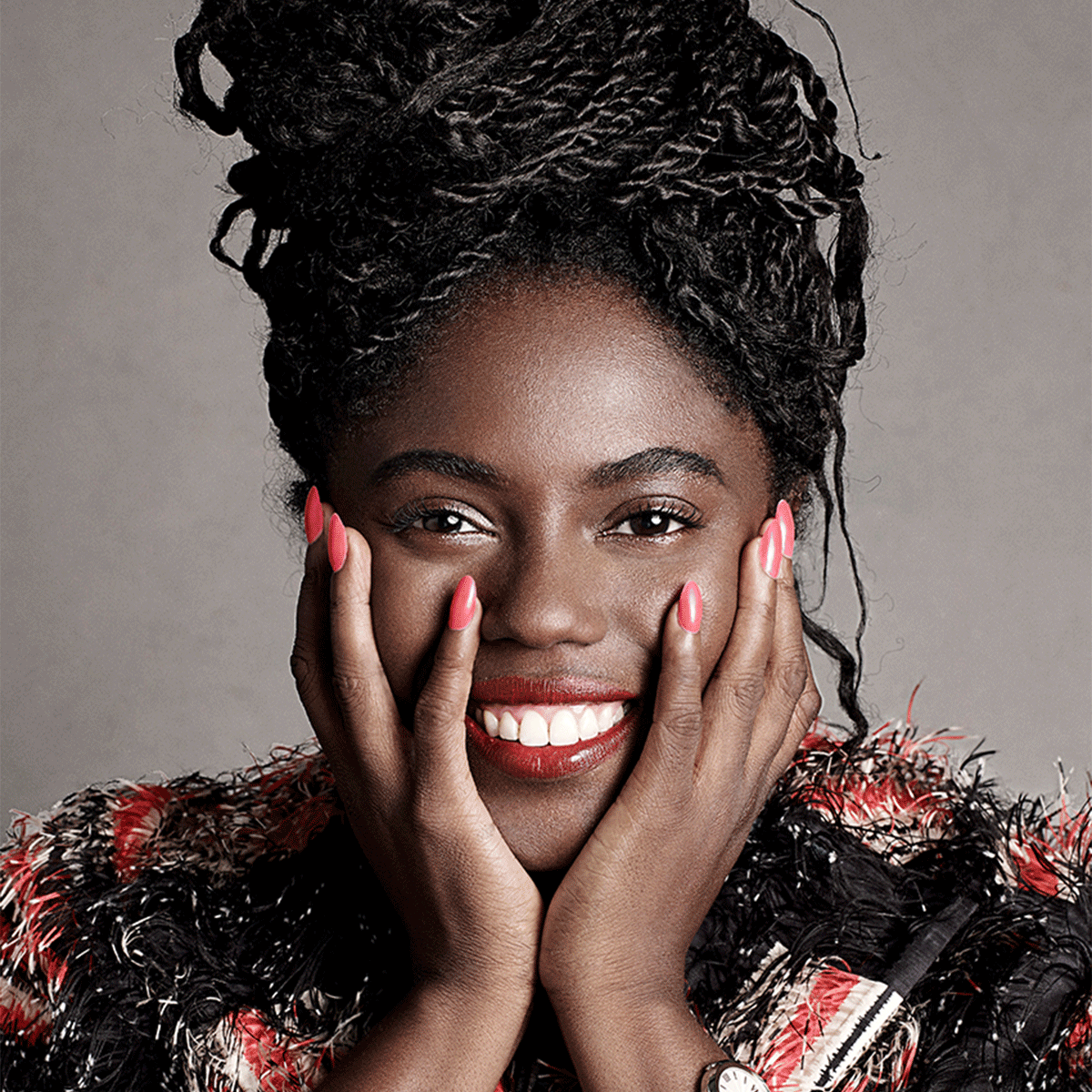 4 Leaders Dedicated to Breaking the Glass Ceiling in the Fashion Industry
4 Leaders Dedicated to Breaking the Glass Ceiling in the Fashion IndustryShattering in style.
By Jasmine Fox-Suliaman
